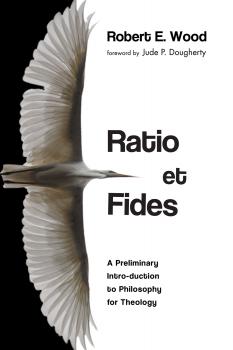ТОП просматриваемых книг сайта:
Robert E. Wood
Список книг автора Robert E. WoodАннотация
Examining select high points in the speculative tradition from Plato and Aristotle through the Middle Ages and German tradition to Dewey and Heidegger, Placing Aesthetics seeks to locate the aesthetic concern within the larger framework of each thinker's philosophy. In Professor Robert Wood's study, aesthetics is not peripheral but rather central to the speculative tradition and to human existence as such. In Dewey's terms, aesthetics is “experience in its integrity.” Its personal ground is in “the heart,” which is the dispositional ground formed by genetic, cultural , and personal historical factors by which we are spontaneously moved and, in turn, are inclined to move, both practically and theoretically, in certain directions. Prepared for use by the student as well as the philosopher, Placing Aesthetics aims to recover the fullness of humanness within a sense of the fullness of encompassing Being. It attempts to overcome the splitting of thought, even in philosophy, into exclusive specializations and the fracturing of life itself into theoretical, practical, and emotive dimensions.
Аннотация
In the face of growing skepticism and relativism, «believe in reason» is the central message in Pope John Paul II's Fides et Ratio. Only by the two wings of reason and faith together can the human spirit soar. The current work, Ratio et Fides, is its philosophical counterpart. It is not a watered-down introduction but a «leading-into» the heart of philosophic thinking. Firmly rooted in the phenomenological description of an ordinary artifact, a mailbox, the book uses the principles involved in the description to examine key figures in the history of thought. We focus on three areas: the Soul, Morality, and God. We consider seven thinkers. Plato and Aristotle, who founded the tradition, were taken up by Augustine and Aquinas in developing their theologies. Descartes launched the distinctively modern tradition, culminating in Hegel's systematic presentation of the whole Western tradition, philosophical and religious. More recently, Heidegger approached that tradition in terms of its hidden ground in the Mystery of Being, recalling us to meditative thinking as the secular counterpart to prayer. Armed with this background, students will be able to approach with profit the Fathers of the Church and major theologians and philosophers, past and recent.


